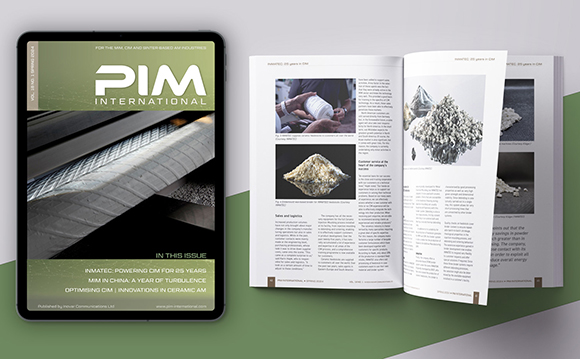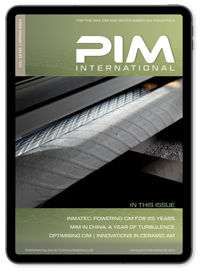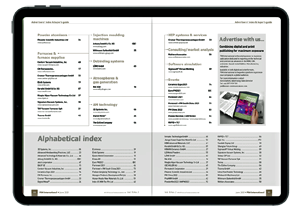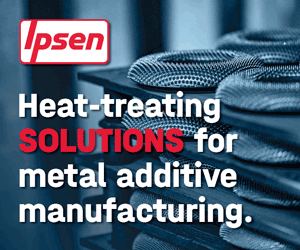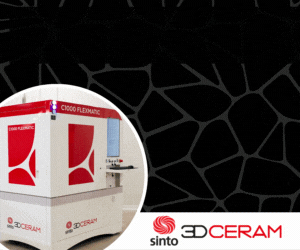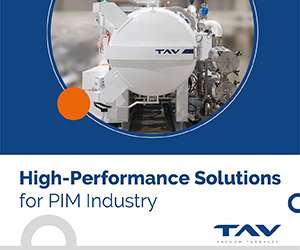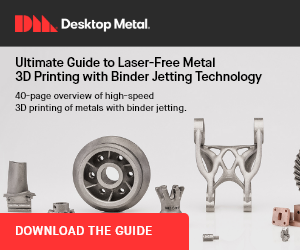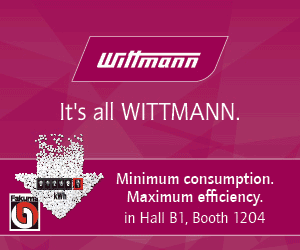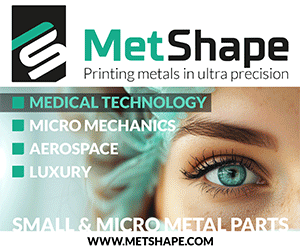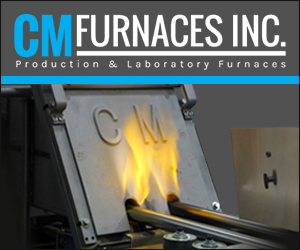Injex collaborates with Parmaco to offer MIM prototypes in days
March 19, 2019
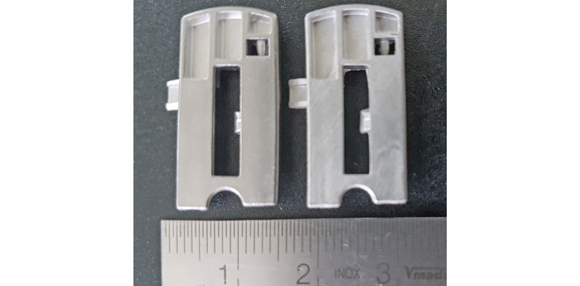
A MIM part manufactured in serial production by Parmaco (left) and the Injex prototype (right)
Injex AG, a small start-up company from the Swiss Federal Institute of Technology Zürich (ETH Zürich), recently exhibited its rapid prototyping and small series injection moulding technology at the Additive Manufacturing Expo, Luzern, Switzerland, March 12-13, 2019.
Oliver Schlatter, CEO of Injex AG, stated that the company uses production-grade materials, including metals and ceramics, and a self-developed fully automated, small format injection moulding machine with clamping force up to 100 kN, to produce prototype and small-series micro parts in the weight range of 0.01 to 20 g in just two to three days.
The company stated at AM Expo that key to reducing lead times to just a few days for producing the prototypes, compared with the twelve weeks or more currently required, is the use of a high-resolution Additive Manufacturing (AM) process to produce compact injection mould tooling from the specific CAD file of the component. As well as shortening the lead time to a few working days, the AM tooling allows the prototype MIM parts to be tested quickly and with greatly reduced risk before volume production is started. AM also dramatically reduces the typically high initial investment in developing an injection moulding tool.
Injex has been collaborating with Parmaco Metal Injection Moulding AG, a leading European MIM producer based in Fischingen, Switzerland, to further develop Injex’s proprietary injection moulding system using the company’s MIM feedstock. The green prototype parts are debound and sintered at Parmaco, where any further finishing processes can also be carried out.
The dimensional accuracy and mechanical properties of the sintered MIM prototype parts produced using the AM tooling are said to correspond very accurately to the MIM parts in subsequent series production. The technology developed by Injex is also believed to have considerable potential for the economic production of small series – up to 100 pieces – of MIM parts for applications, for example, in the medical sector.




